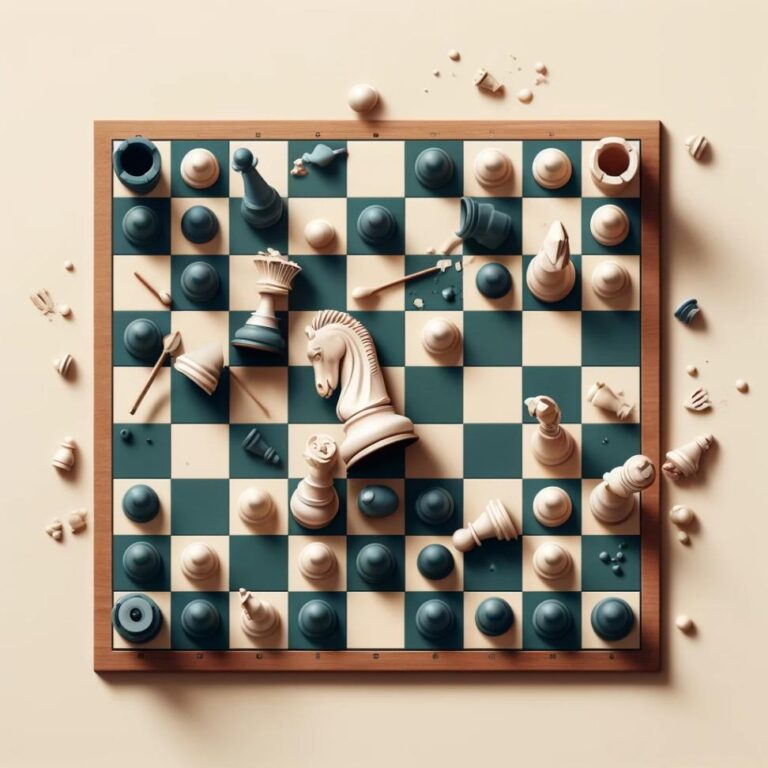Introduction
Chess is a complex game that requires a strong combination of strategic thinking, analytical skills, and tactical execution. It is a game that has been around for centuries and is still enjoyed by millions of people around the world. However, to truly excel in the game of chess, one must have a plan in place. This plan involves setting goals that will guide a player´s actions and ultimately lead to success on the chessboard.
The Importance of Goal-Setting in Chess
Setting goals is essential in any endeavor, and chess is no exception. It helps to provide direction and purpose, and gives players something to strive towards. When you have a clear goal in mind, it becomes easier to make decisions and take the necessary steps to achieve it.
In addition, setting goals in chess can help improve strategic thinking and decision-making skills. By setting achievable goals, players learn to break down their ultimate objective into smaller, more manageable tasks. This process enhances their ability to analyze and evaluate positions on the board and make informed decisions.
Types of Goals in Chess
There are different types of goals that a player can set in chess, and each serves a specific purpose in improving overall gameplay. Below are some common types of goals in chess:
Short-term goals are those that can be achieved within a short period, usually within one game or a few moves. These goals are usually specific and have a direct impact on the outcome of the game. For example, a short-term goal could be to develop a specific piece to control a certain square or to put pressure on the opponent´s weak pawn.
Long-term Goals
Long-term goals are crucial in providing a sense of direction and purpose to a player´s overall chess journey. They also encourage players to continuously work on their game and strive for improvement.
Personal goals are those that align with a player´s individual strengths and weaknesses. These goals focus on improving specific areas of a player´s game that may be their strengths or weaknesses. For example, a player may set a personal goal to improve their opening repertoire or to work on their endgame skills.
Overall Goals
Tips for Effective Goal-Setting
Now that we have discussed the different types of goals in chess, here are a few tips to help you set effective goals that will lead to success on the chessboard:
Conclusion
Setting goals in chess is crucial for any player looking to improve and achieve success on the chessboard. It provides direction, purpose, and motivation, while also helping to improve strategic thinking and decision-making skills. By setting specific, realistic, and personalized goals, players can continuously work towards becoming better chess players and achieving their ultimate objectives. So the next time you sit down to play a game of chess, set a goal and see how it can positively impact your gameplay.


